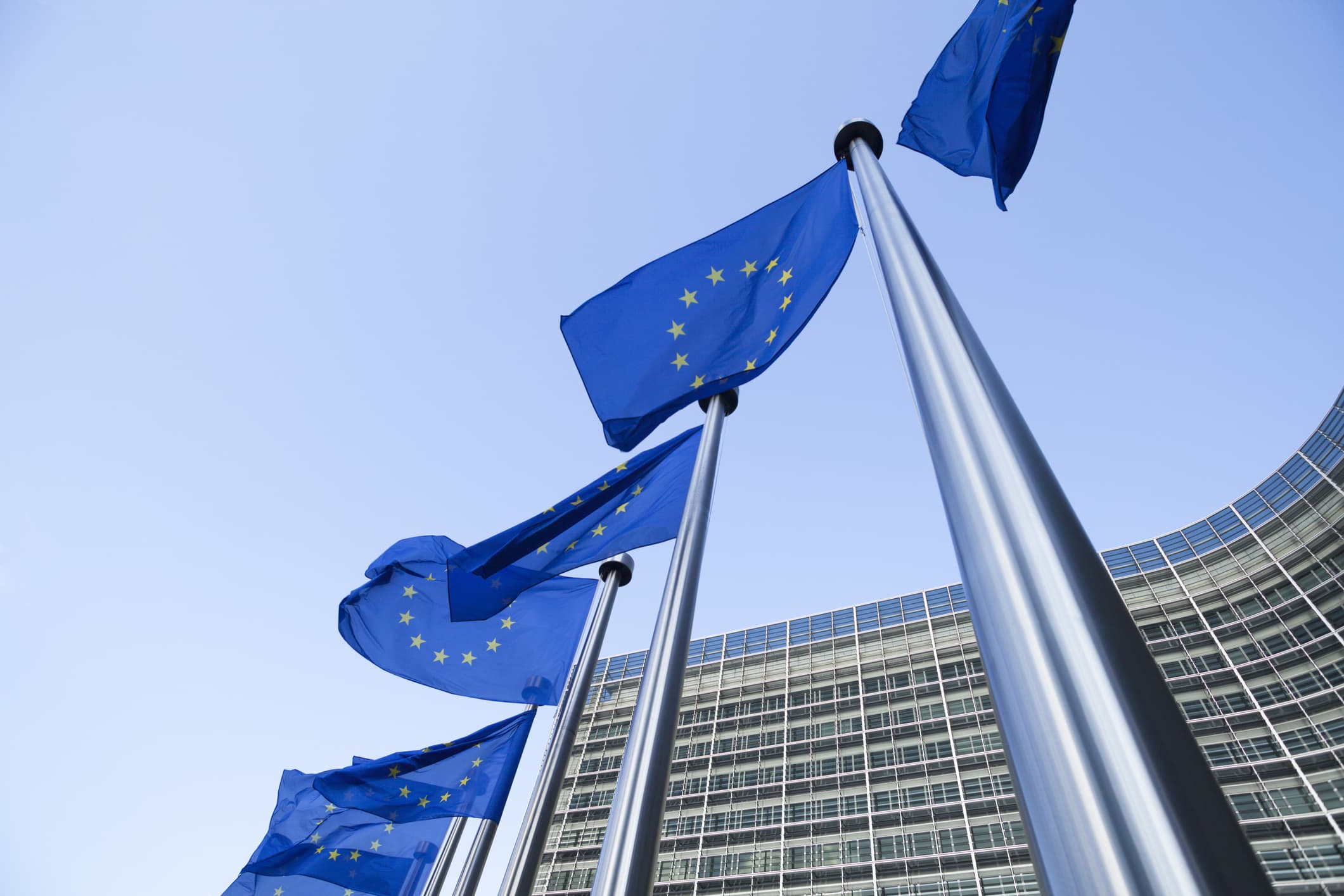
Travel_Motion | E+ | Getty Images
LONDON — The 27 ambassadors from EU member nations on Monday formally approved the Brexit trade deal it struck with the U.K. last week, the latest hurdle for an agreement that will be implemented on Jan 1.
The ambassadors worked through the Christmas holidays and approved a provisional application on Monday morning. The EU Parliament, the only directly elected chamber of the EU, is not expected to vote on it until January and declined to ratify it during the tight time frame. Instead, the provisional application will allow it to come into force on New Year’s Day Friday.
EU governments have until 2 p.m. London time on Tuesday to send their approval in writing, but this is also a formality as EU leaders have already welcomed the agreement.
The British government will vote on the trade deal on Wednesday and the country will exit its transition period with the EU at 11 p.m. local time on New Year’s Eve.
The 1,246-page document, whose details are published on the U.K. government’s website, and the fraught last-minute negotiations has meant there has been little time for any proper scrutiny ahead of the deadline.
The U.K. opposition Labour Party is expected to back the deal despite concerns, but there will likely be some rebel lawmakers in Labour and the ruling Conservative Party.
Scotland’s First Minister Nicola Sturgeon has voiced disapproval of the agreement, and the U.K.’s fishing industry has given it a frosty response, accusing British Prime Minister Boris Johnson of securing only a “fraction of what the U.K. has a right to under international law and what the government repeatedly said that it would secure on behalf of the U.K. fishing industry.”
On Christmas Eve, the two sides reached a “zero tariff-zero quota deal,” which will help smooth the trade of goods across the English Channel. It brought relief to exporters on both sides that had been facing higher tariffs and costs had a deal not been reached.
The two sides had been embroiled in intense talks since March to establish how commerce will work from January onward.
—CNBC’s Silvia Amaro contributed to this article.




